Giving the scientific community a voice on Digital Sequence Information
Effective and equitable sharing of DNA and RNA data on organisms are crucial to biodiversity conservation, public health and research innovation. Researchers must speak out for sensible policy solutions.
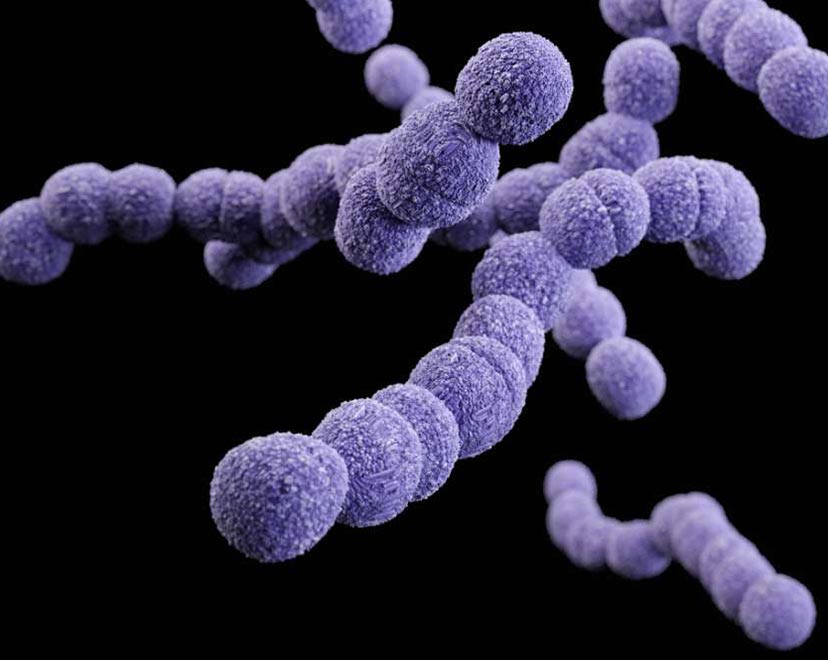
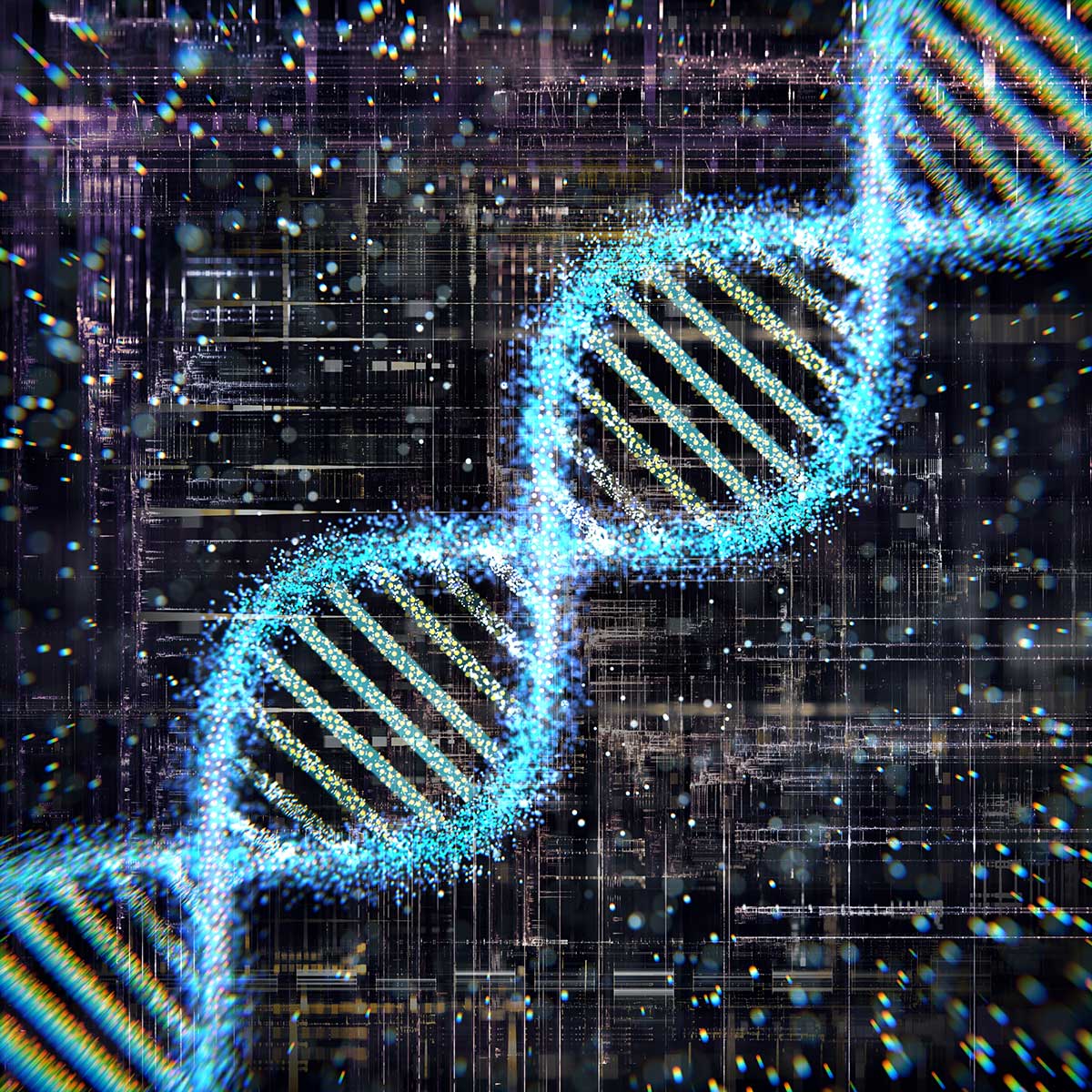
What is DSI?
Digital Sequence Information, or “DSI”, is a policy term that refers broadly to genomic sequence data and other related digital data. This includes the details of an organism’s DNA and RNA, which determine its characteristics and unique traits. There is yet no consensus as to the exact interpretation and scope of the term (for example whether it refers only to nucleotide sequences or also to the proteins and metabolites they encode).
- Recent advances in sequencing technology and synthetic biology have made it easier than ever before to sequence, store, and share segments of DNA and RNA virtually.
- DSI policies outcomes will have far-reaching implications for researchers that generate and use DSI.
- DSI and its policy implications for access and benefit-sharing are currently being discussed among Parties to the Convention on Biological Diversity (CBD), and in other fora.
Why is DSI important?
DSI underpins vast swathes of current research in the life sciences, and has contributed to significant advances in medicine, conservation, agriculture, and other fields. All countries use and provide DSI, and it is used for basic and applied research in both the public and private sector.
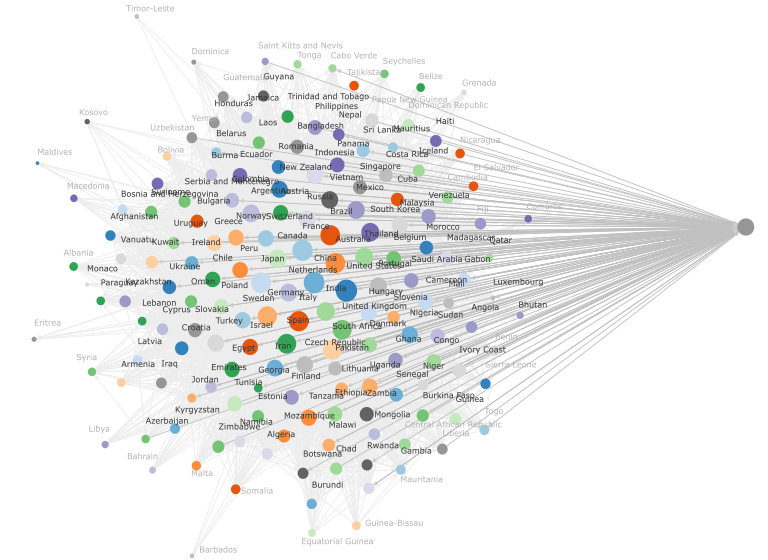
DSI from Kenya
Used by 79 countries worldwide, while scientists in Kenya use DSI from 83 countries.
DSI from Brazil
Used by 111 countries, while scientists in Brazil use DSI from 153 countries.
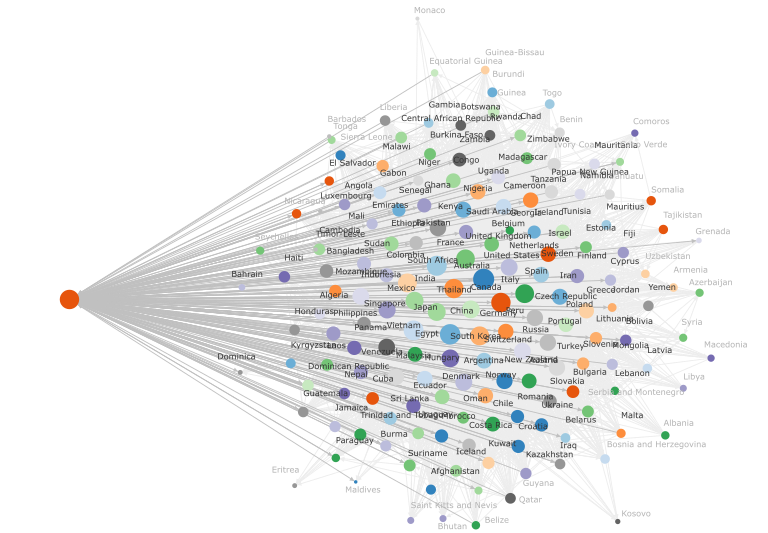
New policy briefs and events!
Side event – “Creating a harmonized system for benefit sharing from DSI”
On 15 November 2023 at 1:15pm Central European Time, CBD DSI WG1, Geneva
CBD COP15
As discussions on benefit sharing for DSI pick up again in 2023 after the successful conclusion of CBD COP15, the Network published new policy briefs and is organising a series of panel discussions.
Policy brief – Geographical Origin Information for DSI Benefit Sharing
Policy brief – Harmonization of DSI benefit sharing systems
Wonder what happened at CBD COP 15?
Webinar – “Empowering African researchers to leverage genomic tools: Digital sequence information capacity building for public health research”
On 23 November 2023 at 5:00pm Central European Time.
Side Event – “Building a harmonized system to increase fair and equitable benefit sharing from the use of Digital Sequence Information”
On 22 November 2023 at 1:00 pm Central European Time – FAO Headquarters Iran Room (B116), Rome
DSI Case Studies: real-life examples from the use of DSI and the development of its applications
These three exemplary case studies showcase how open access, benefit sharing, and capacity development are strongly intertwined and inextricably cross-cut the global day-to-day use of DSI in technology and research.
This is a contribution of the DSI Scientific Network to the discussion on the creation of a multilateral system for DSI benefit sharing during the CBD intersessional period, and a call to the policy makers to take the research needs in consideration.
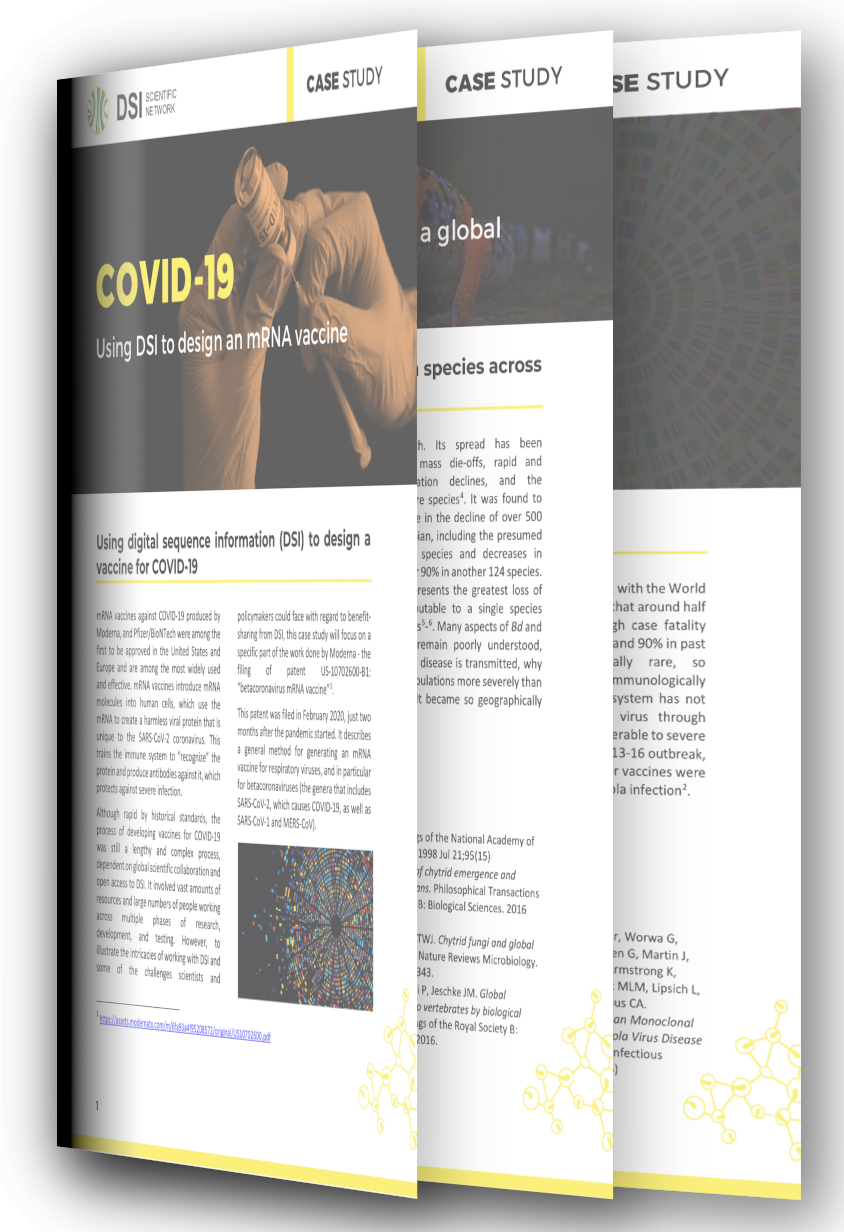

The DSI Scientific Network (est 2020)
The Network’s mission is to contribute to policymakers and other stakeholders’ understanding of DSI, its applications and contributions to research supporting biodiversity conservation and public health, as well as the global benefits of open access to DSI databases. Our members believe that only through an informed debate will we be able to find a mechanism that enables research & innovation and fairly distributes DSI benefits.
The strategic direction and substantive elements of the outputs and activities of the Network are driven by the members, all acting in their individual expert capacity. Decisions affecting the Network’s status, mission, and priorities are made by consensus among the group. The Secretariat of the Network provides a supporting coordinating and logistical role carried out by staff from Emerging Ag.
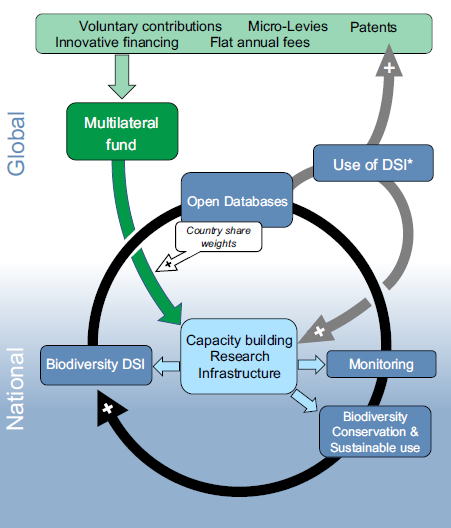
A win-win multilateral option for DSI
Members of the Network recently published a peer-reviewed paper at the journal Nature Communications outlining a new policy proposal that could ensure fair benefit-sharing and protect open access to DSI, while promoting biodiversity conservation.